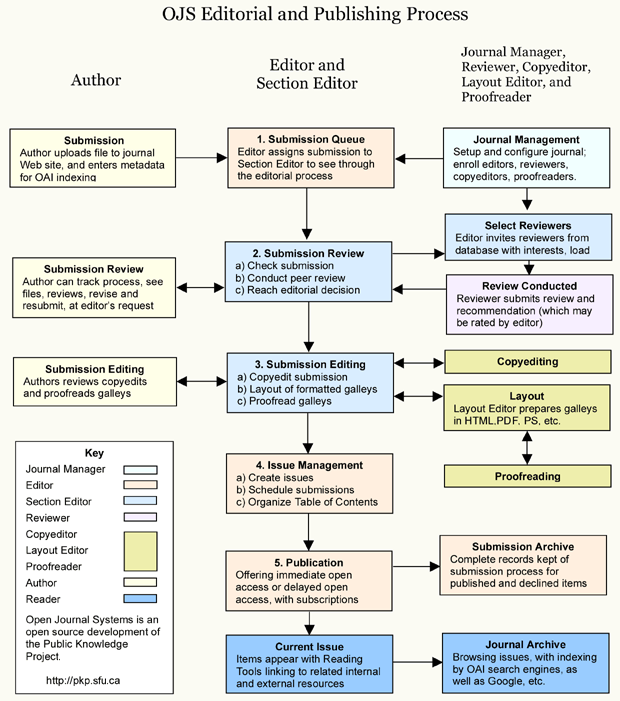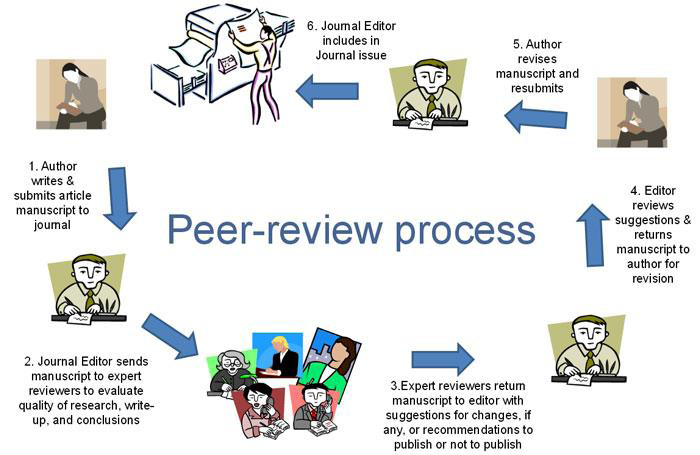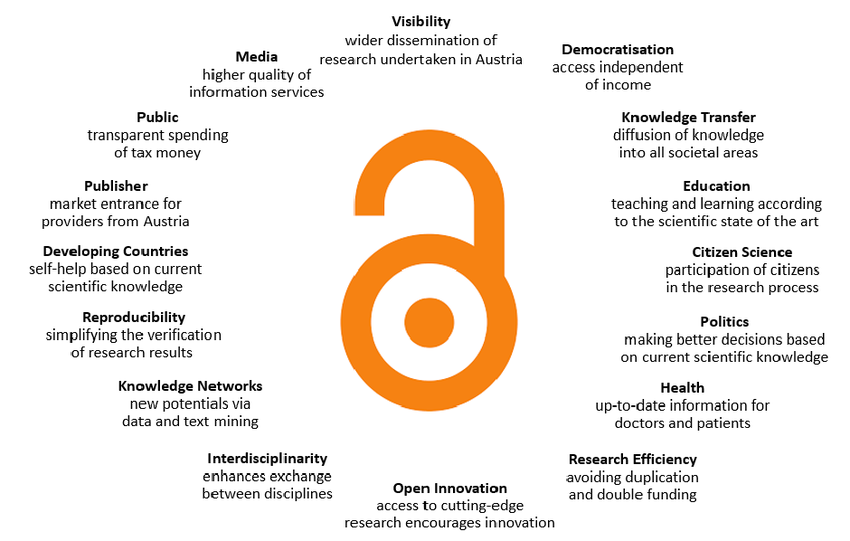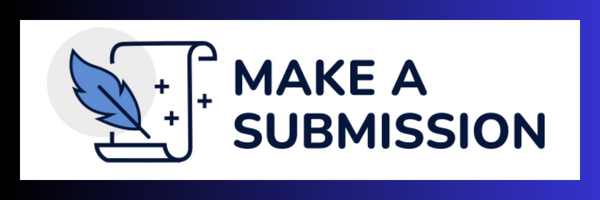ABOUT THE SPLJLH JOURNAL
The SPL Journal of Literary Hermeneutics: A Biannual International Journal of Independent Critical Thinking is an Open Access, Double-blind Peer-reviewed / Refereed Journal. It is published in the month of January and July as Winter and Monsoon Editions. The journal aims at providing a better understanding of the polyphonic literary narratives. It aims to envisage the literary narratives not as an autonomous entity but as convergence where literary and extra literary concerns interact and influence in subtle ways. The journal is, therefore, committed to register the responses of readers, scholars and academicians who approach a literary text as an interpretive dialogue across cultures, literatures, themes, concepts and genres. The overall focus of the journal is on literary hermeneutics and independent critical thinking. The Journal aims to provide a forum of all like-minded scholars, researchers, academicians, independent critical thinkers and creative writers globally.
JOURNALS PARTICULARS
- Title: The SPL Journal of Literary Hermeneutics: A Biannual International Journal of Independent Critical Thinking
- Frequency: Biannual
- ISSN: 2583-1674
- Journal DOI prefox: https://doi.org/10.64846
- Publisher: Cavemark Publications Private Limited
- Chief Editor: Dr. Mohammad Tariq
- Starting Year: January 2021
- Indexing: ROAD
- Impact Factor: 3.951 (SJIF 2023)
- Open Access: Yes
- Subject: Literature
- Language: English
- Publication Format: Online
- Publishing Timeline: 12 Weeks
- Acceptance Rate: 35 %
- Use of AI: Not more than 10 %
- Phone No.: +91-9450297747
- Email ID: editor@literaryherm.org / literaryherm@gmail.com
- Mobile No.: +91-7007267681
- Website: www.literaryherm.org / www.cavemarkpublications.com
- Address: PN 6-7 Bhadurpur (Phool Bagh Colony), Kursi Road, Lucknow UP—226026 India
- Content-type: Academic/Scholarly/ Peer- Reviewed/ Refereed Review
- Scope: Journal accepts unpublished works but not limited to the following: Indian Literature in English, Pakistani English Literature, SAARC Literature, African American Literature, British Literature, American Literature, Art, Aesthetics, Myth, Culture, Folklore, Canadian Literature, Children’s Literature, Dalit Literature, Diaspora Studies, Disability Studies, Disaster Literature, English Language Teaching, Gender Studies, Postcolonial Literature, Tribal Literature, Commonwealth Literature, Comparative Literature, Cultural Studies, Cyber Literature, Linguistics, Science Fiction and Cultural Analysis and Translation Studies and Literature and theory of literature, women’s studies, world literature, etc.
- Policy: Double Blind Peer Review Policy, open-access article distributed under the terms of the Creative Commons Attribution-NonCommercial-ShareAlike 4.0 International License Licensed under a Creative Commons Attribution 4.0 International License
- Review Time: A fortnight.
About the Publishing System
This journal uses Open Journal Systems which is open source journal management and publishing software developed, supported, and freely distributed by the Public Knowledge Project under the GNU General Public License.

Open Access, Double-blind Peer-reviewed / Refereed Journal: Peer-review is defined as “obtaining advice on individual manuscripts from reviewers’ expert in the field of publication.” The SPL Journal of Literary Hermeneutics is committed to the highest standards of reviewing all publishable materials – articles, review articles, reviews, interviews – which undergo a rigorous peer-reviewing process. Literary Hermeneutics follows a double-blind peer review system after an initial editorial review at the board level. The details of the peer-review process are given below:. Upon receiving a submission, the editorial board will scrutinise the work for its originality and rigour at the board level, and all author-identifying information will be removed for blind peer review.. Experts in the field do all reviews.. A review report is created on the following parameters: originality, coherence, communicability, argumentation, rigour, secondary research and innovation, and factual errors. Reviewers decide whether the work will be rejected, published or needs revision. They write a substantive review report justifying their decision. If the work needs revision or has citation error/s, the Chief Editors will contact the contributors with the report specifying a period for revision. On getting a revised copy, if the reviewers feel that the work needs to be revised again, then they may ask the contributors for another quick revision.. When the work is ready for publication, it will be sent to the publishing team for final editing, proofreading and publication.. Reviewers will have to disclose a conflict of interest, and it will be made sure that all reviewed articles are treated confidentially before their publication.. Decision:. The decisions are notified to the contributors, usually within a month. If a writer intends to withdraw his article within the stipulated time, he must seek permission by sending an email/letter of declaration to the chief editor. For two or more authors, it is necessary to seek permission and approval from the authorial team. The journal follows a double blind peer review system after an initial editorial review at the board level. Below are the details of the peer-review process:

Benefits of Open Access
Embracing open access, this journal swiftly shares its content, fostering a global exchange of knowledge. Committed to the principle of openness, this journal grants immediate public access to its research, promoting a worldwide dissemination of information. Rapidly accessible content underscores this journal's dedication to advancing global knowledge exchange. By providing immediate open access, this journal champions the free flow of research, enriching the global intellectual community. A staunch advocate for open knowledge, this journal empowers the public with unrestricted access to its content, fostering a broader dissemination of research worldwide.

Reference: Benefits of Open Access (Sources: SPARC, righttoresearch, Kingsley & Brown 2012)
















